Montreal, March 16, 2017 – Last Saturday’s W5 episode “In The Name of Science” showed disturbing images of animals at ITR laboratories, located in Baie D’Urfé, West Island of Montreal.. It also highlighted the lack of legislative protection for these animals, particularly for animals in privately owned facilities. Following the airing, the Montreal SPCA has received countless questions and pleas from the public about ITR case, and the situation for laboratory animals in Quebec generally.
The undercover footage was obtained during an undercover investigation conducted by the American organisation, Last Chance for Animals, and shows dogs, mini-pigs and macaque monkeys living in small barren cages and being subjected to various forms of toxicity testing through force feeding, inhalation, injection and skin exposure. “We are deeply disturbed by this footage. It is evident that these animals endured unimaginable suffering, pain and distress. Regardless of the ultimate purpose of the research, the manner in which they are housed and treated is completely unacceptable”, explains Me Alanna Devine, Director of Animal Advocacy at the Montreal SPCA.
The report highlighted many alarming issues about animals used in laboratories in Quebec, namely:
- There is no federal legislation or provincial legislation in Quebec specifically protecting animals in laboratories
Canada does not have any Federal legislation that provides minimal standards of care for animals in laboratories. And, the provincial animal welfare legislation, The Animal Welfare and Safety Act, does not provide protection to exotic animals or wildlife in captivity, and therefore excludes animals such as monkeys from the ambit of its protection – the only protection provided to these is under the Regulations on Animals in captivity, which is enforced by the Ministry of Fauna. Further, scientific research activities carried on in accordance with “generally recognized rules” apply to the majority of the provisions; meaning that the industry itself determines what is and is not subject to the provincial legislation. Some countries, such as Switzerland, have legislation governing the use of animals, and strict requirement on when animals can be used in research (those wishing to conduct the study need to show there is no non-animal alternative). Some provinces, such as Alberta have provincial legislation that requires all laboratories to comply with the guidelines published by the Canadian Council on Animal Care (CACC) giving the guidelines the force of law. - Publicly funded laboratories, such as those in Universities, must be accredited by the Canadian Council on Animal Care (CCAC), but privately funded facilities have no obligation to have CCAC accreditation, and therefore are not subject to any oversight
The CCAC is non-profit, non-regulatory body that is funded, in part, by the very institutions that it inspects and accredits. According to information provided during the W5 episode, the CCAC inspects publicly funded facilities once every 3 years and provides forewarning before visiting. The CCAC was also unable to say whether, in its history, it has ever removed a facilities accreditation. The CCAC guidelines also do not have the force of law and leave leeway for laboratories to circumvent the recommendations in the guidelines if a laboratory’s “animal care committee” approves of doing so. - Despite the lack of legislative protection for animals in laboratories, there appear, nonetheless, to be violations of certain provisions of the provincial animal welfare legislation
Certain provisions of the Animal Welfare and Safety Act (AWSA) and accompanying regulations are not subject to exemptions in relation to “generally recognized rules”. For example, section 8 of the AWSA requires the owner or custodian of a dog to provide that animal with stimulation, socialization and environmental enrichment consistent with their biological needs. Further, in order to determine what are the “generally recognized rules” within the animal testing industry, one would look to the CCAC guidelines, which make it clear, amongst other things, that animals such as dogs – who are social by nature- should be given an opportunity to socialize with other dogs, or if this is not possible, with humans. - Serious ethical concerns and alternatives
Serious ethical concerns are raised by the use of animals in experimental studies, particularly when animals are subject to captivity, invasive or painful procedures, experiments or conditions which cause fear, anxiety and other forms of mental suffering. There is a growing field of scientists, including organisations such as PCRM (Physicians Committee for Responsible Medicine) that point out that animal testing in biomedical research is often not reliable but also, due to scientific advancements, such as the sequencing of the human genome and stem cell research, are often unnecessary.
Official complaints against ITR Laboratories:
According to Last Chance for Animals, official complaints have been made to the Ministère de l’Agriculture, des Pêcheries et de l’Alimentation du Québec (MAPAQ) and the Ministère de l’Énergie et des Ressources naturelles du Québec (MERN).
Public action:
The Montreal SPCA encourages concerned citizens to take action by:
- Writing a polite letter to the MAPAQ and MERN asking them to take action in the case of ITR Laboratories and asking for legislative changes to provide appropriate protection for ALL animals in laboratories: ministre@mapaq.gouv.qc.ca and ministre-mffp@mffp.gouv.qc.ca
- Visiting and taking action on the Last Chance for Animals website by signing and sharing their petition.
- Selecting cosmetics and house-hold products that have not been tested on animals. Click here for a list on the Montreal SPCA’s blog.
-30-
Media contact: Anita Kapuscinska, Communications Manager, Montreal SPCA, 514 656-2760, or anitak@spca.com.
About the Montreal SPCA Founded in Montreal in 1869, we were the first animal welfare society in Canada and our mission is to:
- protect animals against negligence, abuse, and exploitation;
- represent their interests and ensure their well-being;
- raise public awareness and help develop compassion for all living beings.
For more information about the Montreal SPCA, please visit our website at www.spca.com.







